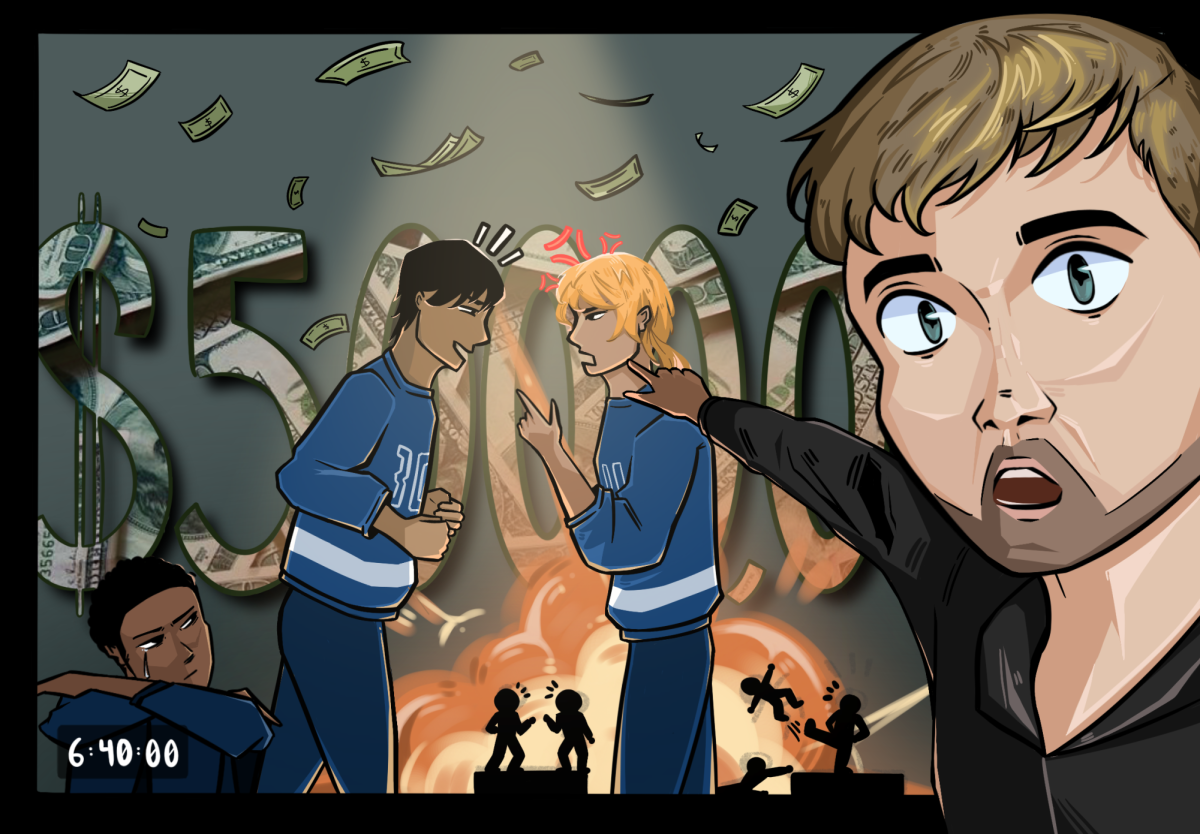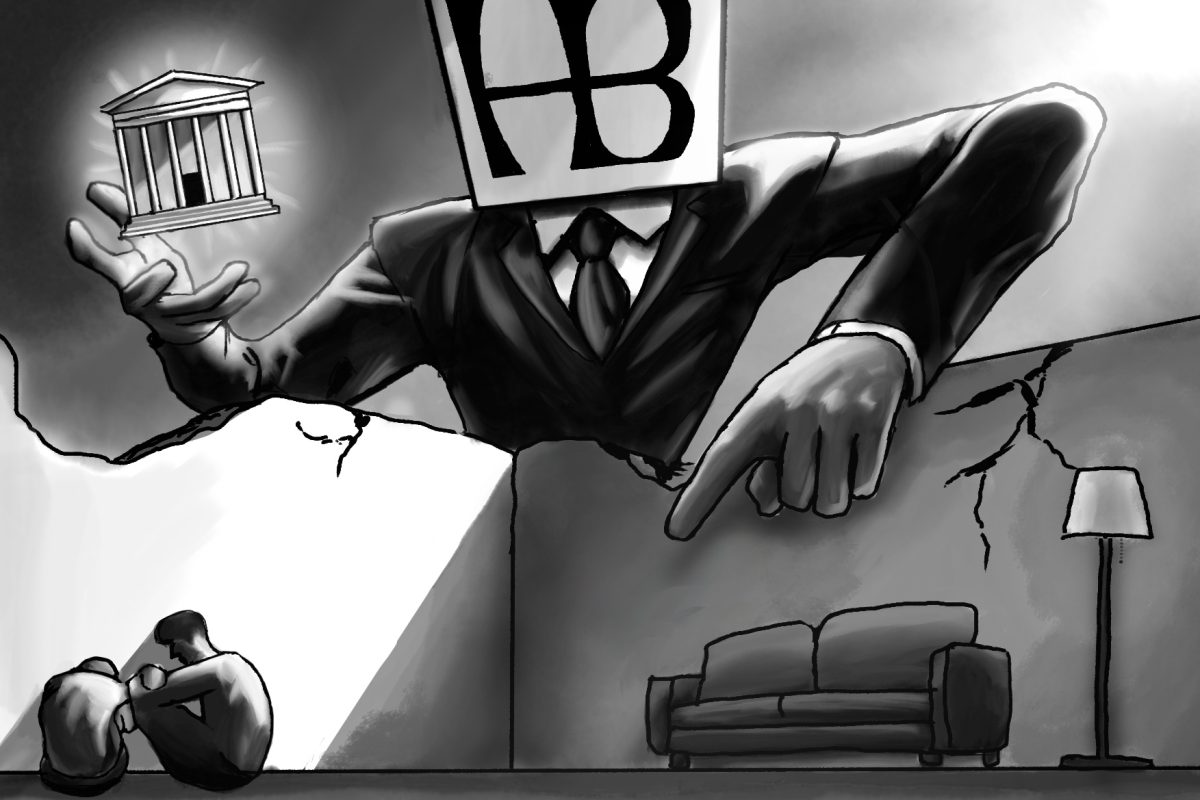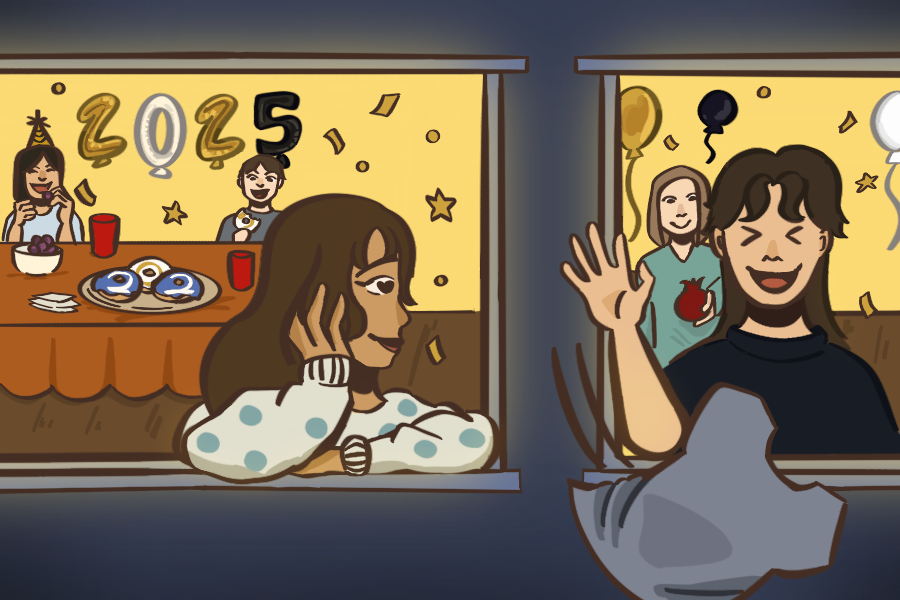Internet celebrity Jimmy Donaldson, better known as MrBeast, shook up reality TV on Dec. 10, 2024, with the debut of Beast Games, a series meant to push the boundaries of reality TV. Though the program attempts to assert MrBeast’s versatility as a content creator, its reliance on exploitation and extravagant games only demonstrates a concerning disconnection from viewers.
Beast Games, inspired by Netflix’s Squid Game, is a reality show where 2,000 competitors participate in children’s games like potato sack racing and scavenger hunts for the grand prize of $5 million. While Squid Game satirizes wealth disparity and the dehumanization poorer classes experience, Beast Games ignores this core message and turns a fictional, dystopian idea into a reality. For instance, the contestants aren’t battling one another, but also the harsh environments put in for the viewers’ entertainment. Contestants were allegedly denied food, water, and medication, and several participants were hospitalized or left with crutches. This drastic claim contradicts MrBeast’s usual brand values of charity, leaving his audience questioning his intentions.
MrBeast’s series also capitalizes on contestant vulnerability. Before each challenge, MrBeast invites players to explain their purpose for participating in the games and their future hopes. Yet, their personal stories are repackaged into dramatic moments, serving as small moments of sympathy before being drowned out by the overall chaos of the show. Audience members who relate to the competitors’ hardships may feel alienated by how their struggles are gamified, further showing a disconnect between MrBeast and viewers.
By intentionally featuring racial divides among contestants, the show intends to heighten its drama by pitting white contestants against Black contestants. For instance, one particularly controversial moment of Beast Games involved a white contestant who broke a promise he made with two other Black contestants to work together while they shared a confined cell. The betrayal was poised as a shocking twist, with dramatic music and reactions amplifying the tension. By reducing this interaction to a mere plot device, the show attempts to turn the moment into viral content that hurts audiences who experience such struggles. This approach in Beast Games changes the players’ experience and the viewers’, who may find themselves interested in the drama yet guilt-ridden with the exploitation. Viewers are challenged to reconsider their engagement with content creators who prioritize views over fair treatment of contestants.
Beast Games risks undermining the trust and connection that built MrBeast’s success. By prioritizing the sheer quantity of the show rather than its quality, the show distances viewers who admire MrBeast’s authenticity and risks losing the audience that once celebrated his philanthropic values.





























































